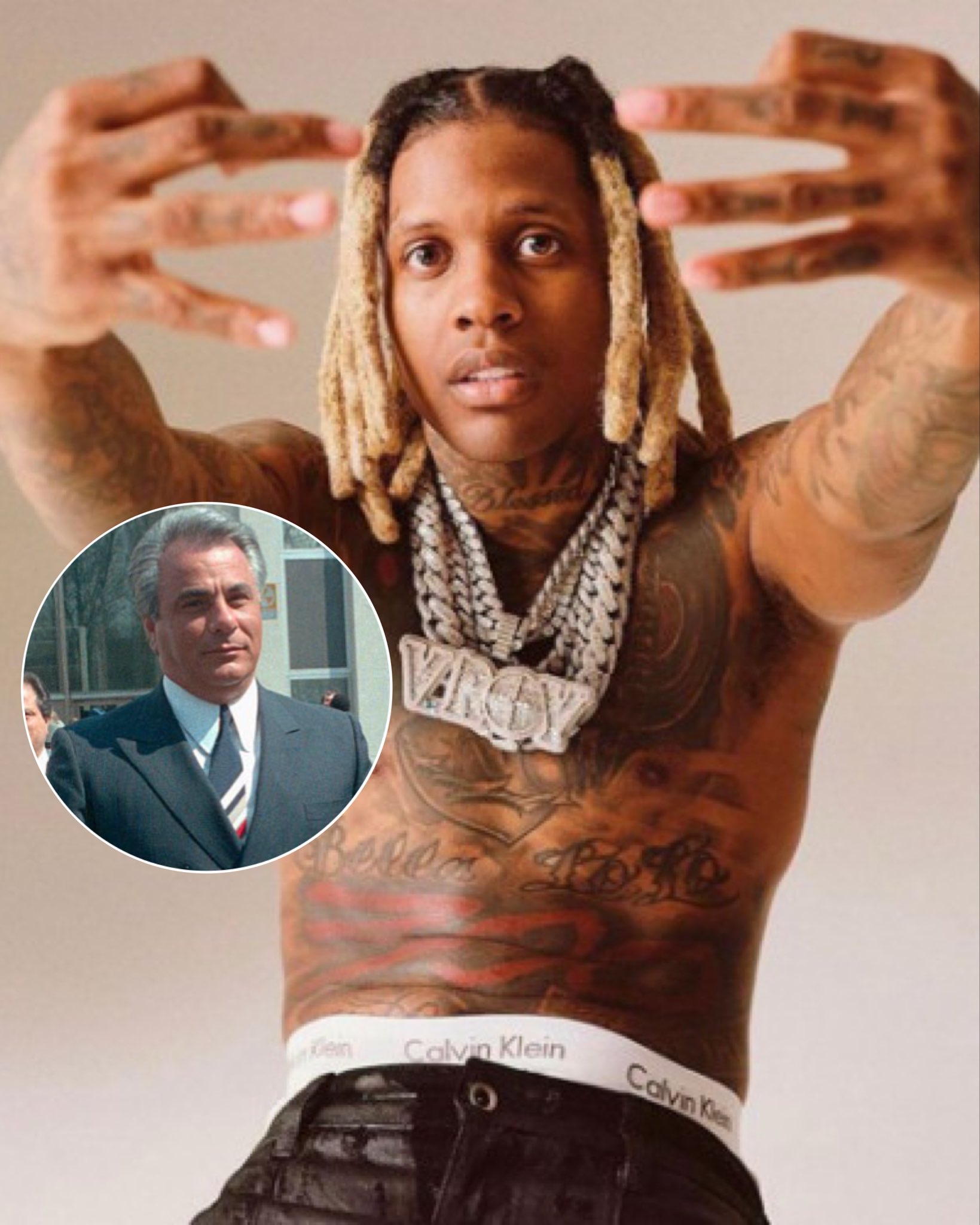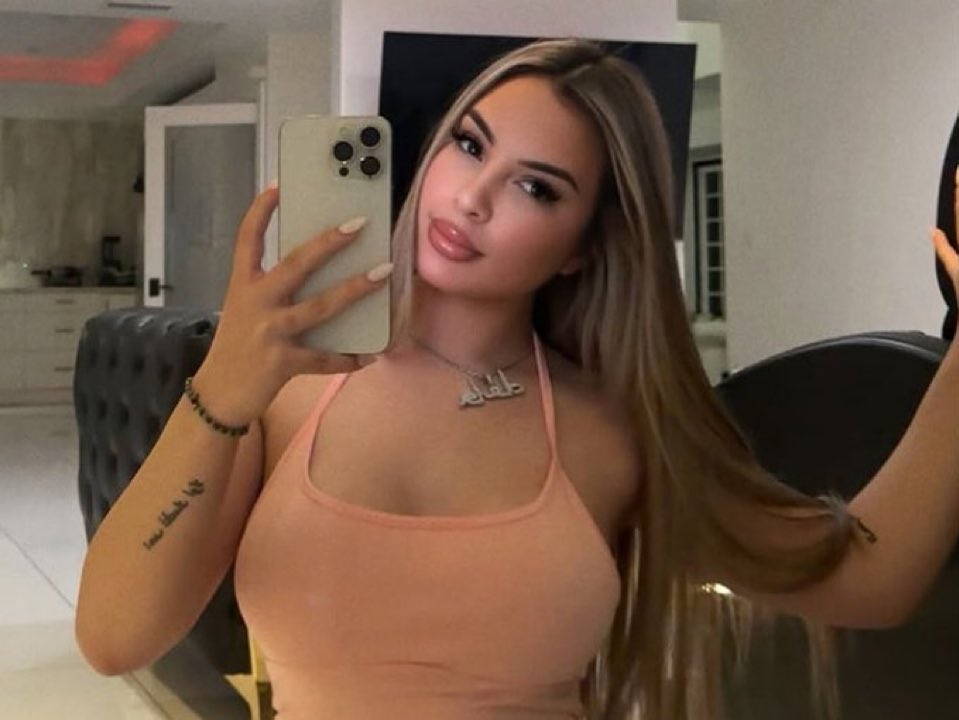
Prosecutors Seek Anonymous Jury for Lil Durk’s Murder-for-Hire Trial, Citing Threats and Tampering Allegations

Federal prosecutors have filed a motion requesting an anonymous jury for rapper Lil Durk’s upcoming murder-for-hire trial, citing concerns over witness safety, potential juror intimidation, and the artist’s alleged history of obstruction.
The motion, filed on October 6, 2025, draws a direct comparison to the John Gotti mob trials of the 1990s, where secrecy was deemed necessary to ensure fair proceedings amid a climate of fear and public influence.
According to the 38-page filing obtained by multiple U.S. outlets, prosecutors argue that Durk—real name Derrick Banks—maintains “a devoted fanbase capable of influencing or intimidating court participants,” and that his “recorded communications and behavior in custody raise credible risks of interference.” The request, if approved, would conceal juror names, addresses, and personal details, with security escorting them to and from the courthouse.
The charges against the Chicago-born rapper, filed in November 2024, accuse him of orchestrating a 2022 Beverly Hills shooting that killed Saviay’a Robinson, allegedly as part of a revenge plot connected to the 2020 death of rapper King Von, Durk’s close friend and frequent collaborator. Five members of Durk’s Only The Family (OTF) crew were also indicted in the case, which federal authorities have described as “a calculated retaliatory attack masked as gang warfare.”
Prosecutors claim Durk used intermediaries to arrange the hit, with encrypted phone messages, financial transfers, and car rental records tying him to the conspiracy. They further allege that while in pretrial detention, Durk attempted to destroy an Apple Watch believed to contain incriminating communications—an act prosecutors say constitutes “clear evidence of tampering and consciousness of guilt.”
The filing also references online threats allegedly made by Durk’s supporters toward both the presiding judge and a lead prosecutor, amplifying concerns about juror safety. “Given the defendant’s reach, influence, and the documented hostility from his associates and fan network, anonymity and protection are necessary to preserve the integrity of this trial,” prosecutors wrote.
Durk’s defense team has sharply opposed the motion, arguing that the government is trying to “prejudice the jury pool by invoking sensationalist comparisons to organized crime.” Lead defense attorney Brian Steel stated that the rapper “has no history of threatening jurors or obstructing justice” and that the request “paints an unfair, inflammatory image that undermines his right to a fair trial.”
Legal experts note that anonymous juries are rare but not unprecedented in high-profile cases involving potential intimidation, organized groups, or extensive media coverage. “This motion signals the government’s deep concern over public influence,” said criminal analyst Elena Garcia. “If approved, it would place Durk’s case among a handful of celebrity trials—like Gotti’s and El Chapo’s—where extraordinary secrecy was deemed necessary.”
The development comes amid intense online debate within the hip-hop community. Fans on social media have split sharply: some accuse prosecutors of “targeting Durk like a mob boss,” while others argue that the case exposes “how far the streets and the spotlight have intertwined.”
Durk, 32, has maintained his innocence since his arrest last year, calling the allegations “a setup” and vowing to “fight for the truth.” He remains in federal custody without bond, with his trial expected to begin in early 2026 at the U.S. District Court for the Central District of California.
As of this week, the judge has not yet ruled on the government’s motion for jury anonymity. The outcome will likely shape the tone—and security level—of one of the most closely watched celebrity trials in recent years.


